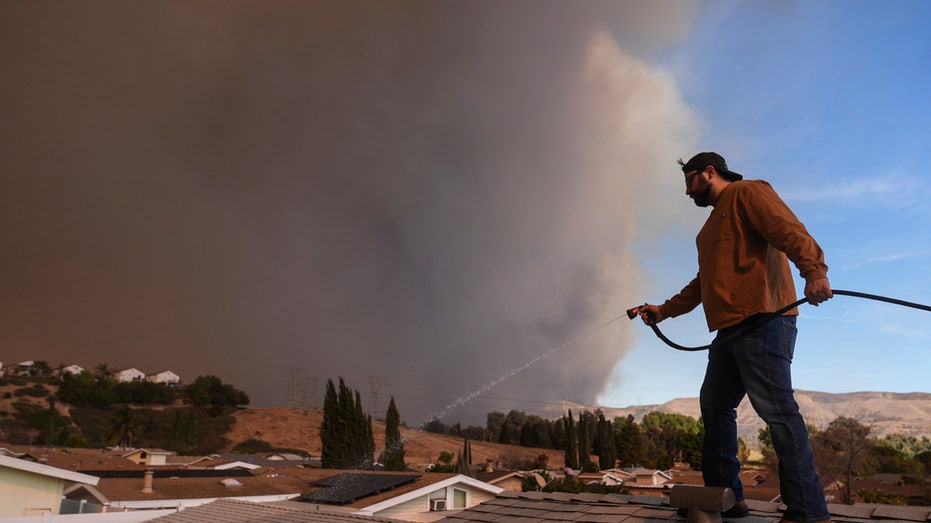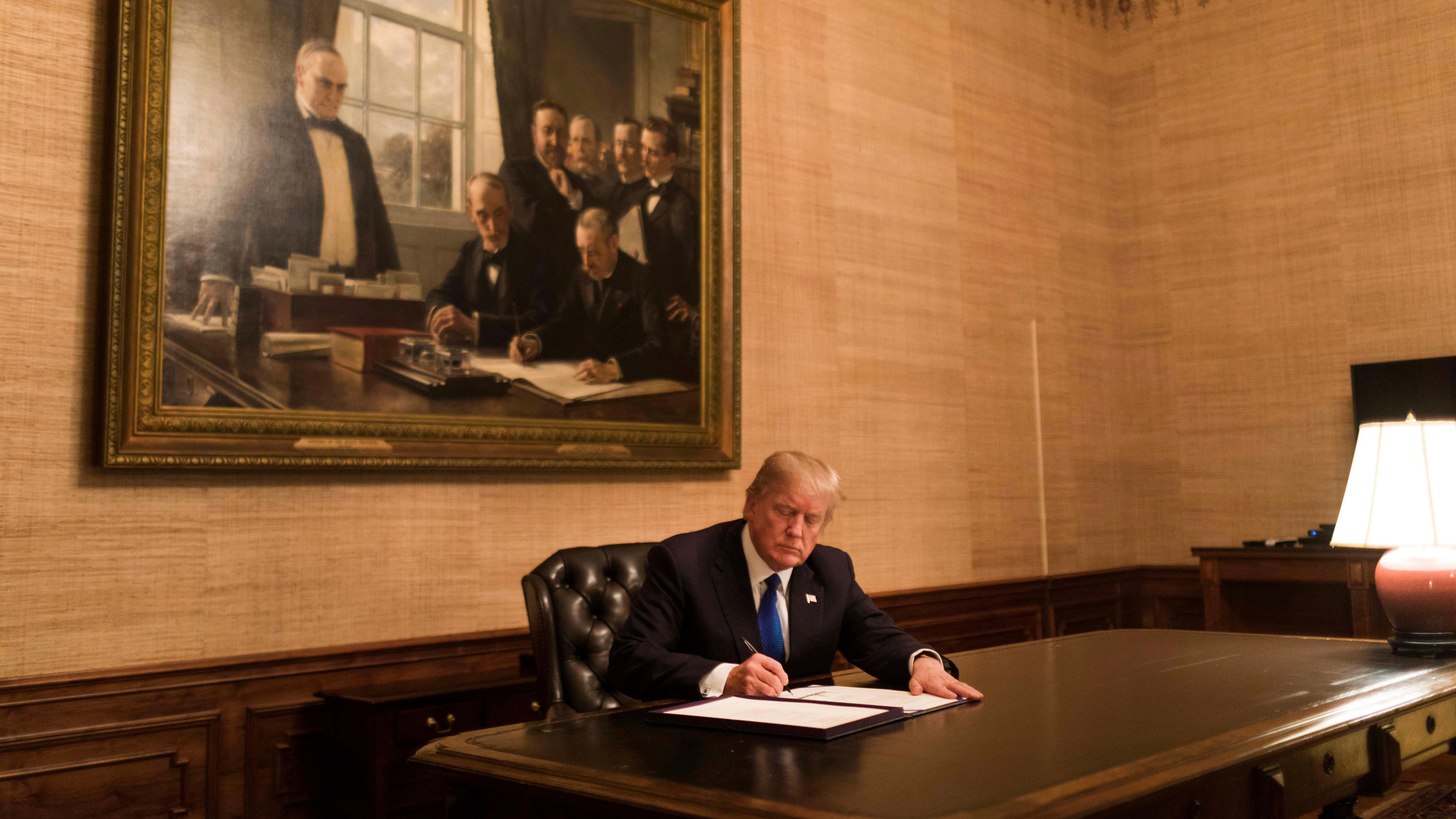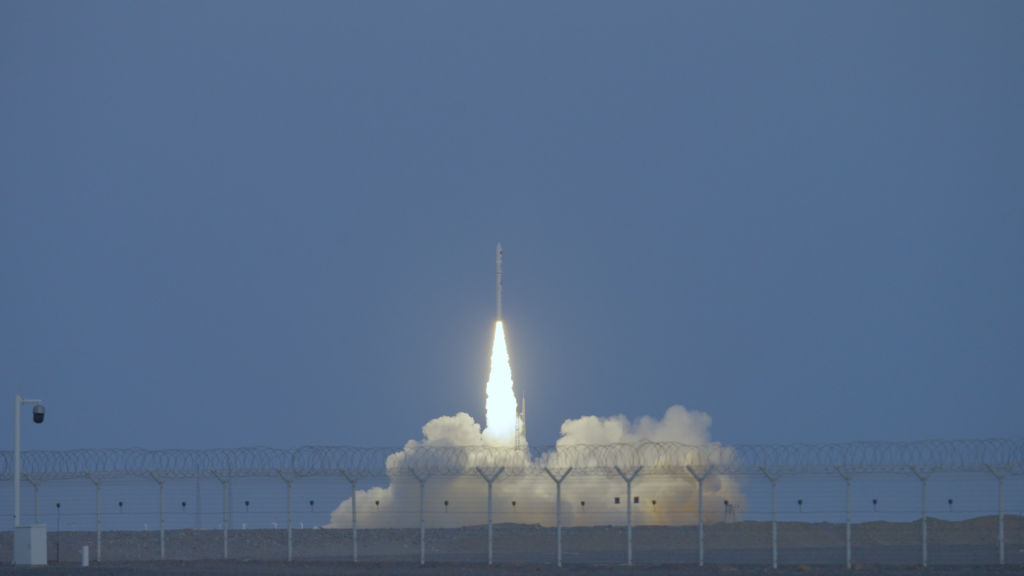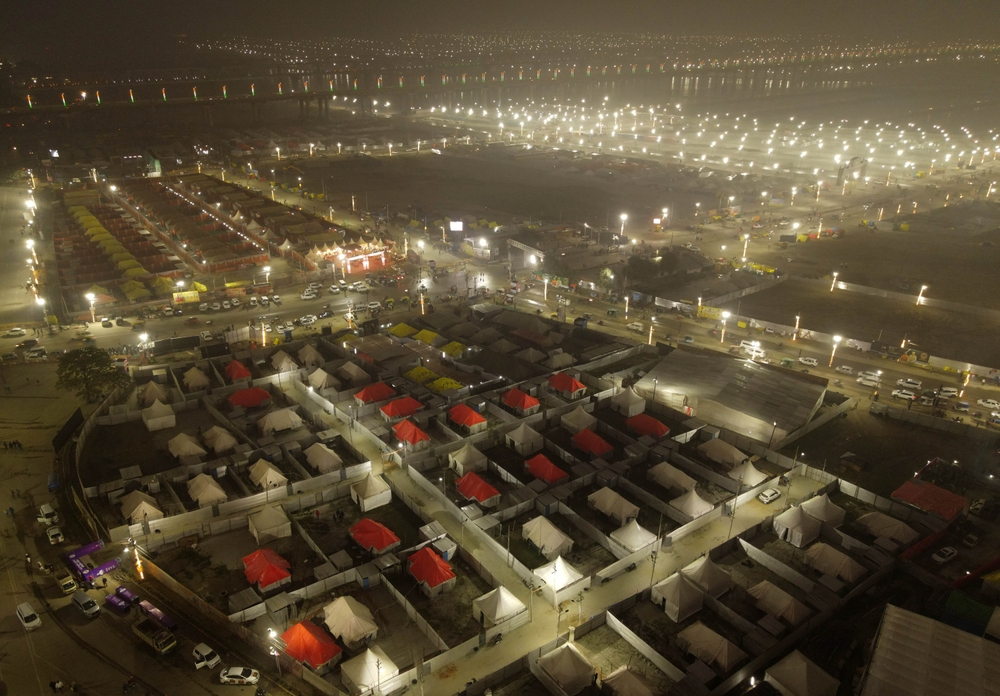A retirement boom and slowing immigration could help job seekers find work this year
A decrease in immigration and increase in retirements could help people find work this year. But these factors could create problems for the economy.
Joe Raedle/Getty Images
- An uptick in retirements and a decrease in immigration could help some job seekers.
- US businesses are hiring at the lowest rate since 2013, excluding a two-month dip in 2020.
- A smaller workforce could aid some job seekers but poses risks to the economy.
An uptick in retirements and a decrease in immigration could make it easier for some Americans to find work this year.
Cory Stahle, an economist at the Indeed Hiring Lab, told Business Insider that these factors are likely to make it "slightly easier" for some people to find work in 2025 — particularly those looking for "in-person, skilled-labor" jobs where hiring is the strongest on Indeed's job platform.
"Backfills for retiring employees, paired with fewer workers coming from abroad, are likely to mean less competition for many roles," he said, referring to government projections of lower net immigration levels this year and next, along with the potential for stricter immigration policies under the incoming Trump administration. "But it's probably still going to feel harder to find a job than it did during the hiring surge we saw in 2021 and early 2022."
There are some signs that the hiring landscape could improve, and economists told BI that the ongoing retirement wave and the potential for lower immigration levels could favor job seekers this year.
This could be the break many people wanted. While the unemployment rate remains low compared to historical levels, US businesses are hiring at the lowest rate since 2013 — excluding a two-month pandemic-related dip in 2020. This has made it harder for some people to find work. As of December, roughly 1.6 million people had been looking for work for at least six months — up from 1.3 million a year prior.
Stahle said that 2025 could mark an "important inflection point" when demographic factors begin to lead to a decline in the labor force participation rate — which he added has been roughly flat over the last year.
"Once that process starts, it is unlikely to reverse course without a massive surge in immigration or growth in labor market involvement from older workers above all-time highs," he said.
A gap in the workforce could be on the horizon
About 1.1 million baby boomers retired in 2024, and an estimated 2 million will do so this year, Adam Schickling, a senior economist at Vanguard, told Business Insider.
Schickling said there are roughly 8 million working Americans between the ages of 63 and 67 — a common age range for retirement. While there were a similar number of people in this group last year, Schickling said a larger share of this year's cohort is older — between the ages of 65 and 67 — which is among the reasons Vanguard expects an uptick in retirements.
Schickling added that some older workers postponed their retirements because the strong labor market made it easier to secure work. But he said many of these workers will likely choose to retire before they turn 70.
"2025 is shaping up to be one the biggest years for baby boomer retirements," he said. That, coupled with a smaller-than-usual cohort of people between the ages of 20 and 24, suggests there will be a very low labor supply growth this year, he added.
Stahle said workers over 55 are spread across the labor market but are particularly common in business, management, healthcare, and education roles.
Meanwhile, the Congressional Budget Office projected last year that net immigration levels — and overall population growth — would begin declining in 2025. Additionally, on the campaign trail, President-elect Donald Trump said he would carry out the "largest domestic deportation in American history," though the extent of his plans is unknown.
"If the incoming administration follows through on promises of limiting immigration and implementing mass deportations, it is likely that we see the demographics impact the labor supply sooner rather than later," Stahle said.
Leisure and hospitality, construction, and agriculture are the industries with the highest share of immigrant workers who are not US citizens as of 2022, per the most recent Census Bureau data available.
When reached for comment, Karoline Leavitt, spokeswoman for the Trump-Vance transition team, said that as president, Trump "will enlist every federal power and coordinate with state authorities to institute the largest deportation operation of illegal criminals, drug dealers, and human traffickers in American history while simultaneously lowering costs for families and strengthening our workforce."
A smaller workforce could ultimately hurt the economy
To be sure, it's uncertain how much retirements and changes to immigration levels will impact the US labor supply in 2025. Kory Kantenga, head of economics, Americas, at LinkedIn's Economic Graph Research Institute, told BI that retirement levels have been relatively stable over the past year, per LinkedIn data. Additionally, the specifics of the Trump administration's immigration policies haven't been announced.
While a lower labor supply might help some Americans find work, it could also come with significant economic downsides.
"Declining labor supply can improve prospects for job-searchers, but too few workers can also result in inflationary wage growth and supply disruptions that perpetuate inflation," Schickling said. For example, labor supply issues in the construction industry — which has long relied on immigrant labor — could make it more difficult for the US to increase its housing supply, he added.
Kantenga said that in the long run, having an economy with fewer workers could lead to lower consumer spending and slower economic growth.
"Slower growth means fewer opportunities for everyone," he said, adding, "And so it's not necessarily clear that it's going to make workers better off just because it may be easier for them to find a job."
Are you looking for a job and comfortable sharing your story with a reporter? Please fill out this form.
What's Your Reaction?














































































